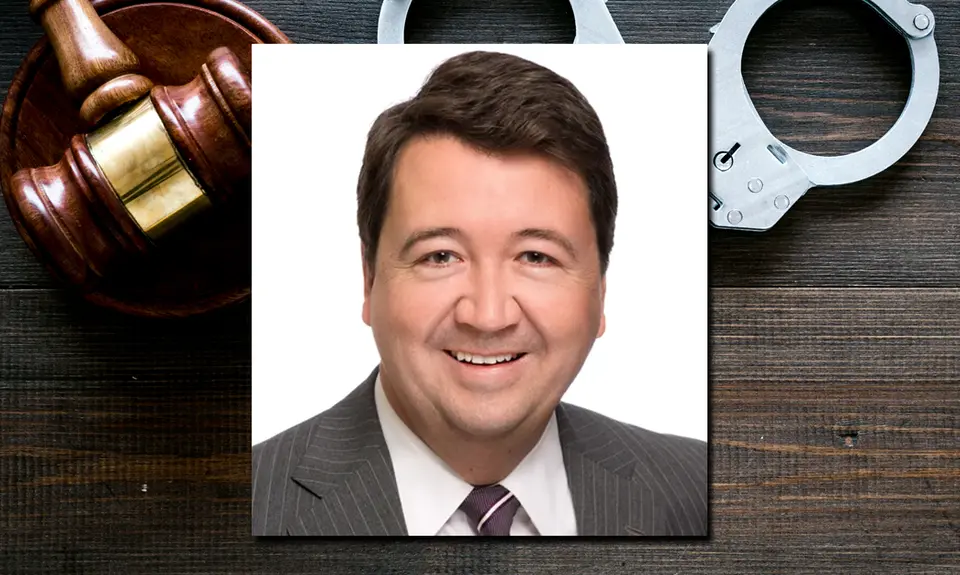“Confirmed Judges, Confirmed Fears” is a blog series documenting the harmful impact of President Trump’s judges on Americans’ rights and liberties. Cases in the series can be found by issue and by judge at this link.
In a January 2020 case, two Trump judges on the Sixth Circuit upheld the firing of an at-will employee who had warned her employer that her supervisor’s actions were causing serious safety risks. Judges John Bush and Joan Larsen found that she had not made it clear enough that she was concerned about public safety rather than just a conflict with her boss. The case is Bender v. Champlain Enterprises.
Susan Bender worked in Ohio for the airline CommutAir as a technical writer in the office that handled operations and maintenance manuals for pilots. Because the content of these manuals directly affected public safety, they had to be approved by the Federal Aviation Administration before distribution. Bender filed a number of complaints about senior manager Joan Callahan, specifying ways she believed the supervisor was impeding the work of the office: not providing sufficient training, not learning the editing software (thus requiring Bender to repair Callahan’s mistakes as deadlines approached), giving out incorrect assignments, and imposing new quality controls that Bender believed consumed far too much time. In her earlier complaints, Bender did not specifically state that she was motivated by public safety. But in later ones, she warned that Callahan’s actions posed a significant risk to public safety.
The airline fired her, claiming it was because she was not able to work well with Callahan—a reason that would be legal under Ohio state law since Bender was an at-will employee. But Bender claimed she was protected by an exception to that law that prohibits the firing of at-will employees in violation of public policy—in her case, making public safety complaints.
The lower court dismissed her claim without a trial, a decision upheld by a divided Sixth Circuit panel. Writing for the majority, Judge Bush (joined by Judge Larsen) held that even under Bender’s version of the facts, she had failed to provide enough evidence to allege a violation of the state’s public policy:
CommutAir could have reasonably interpreted Bender's complaints as stating her individual grievances against Callahan and justifying her own actions towards her, rather than as invoking governmental interests. Bender's complaints therefore do not fall within the scope of conduct protected by public policy, and she fails to satisfy the jeopardy element.
Although the court is required to accept the plaintiff’s version of facts when considering whether her case should be dismissed without a trial, Bush used a statement that Bender claimed not to have made to help frame her as simply pursuing a personal grievance against Callahan.
In addition, as Judge Helene White explained in her dissent, Bender clearly cited public safety in her later complaints. For instance, Bender noted that an error by Callahan “"could have covered critical information that the pilots needed, which could possibly result in a plane crash." Judge White found it “perplexing” that the majority did not see that as providing CommutAir with “clear notice” of public safety concerns.
Indeed, another email sent by Bender actually had the subject line “Possible Safety Concern.” Concerned that Callahan had made it much harder to identify which parts of updated manuals contained changes from the ones pilots were familiar with, Bender reported the problem, writing:
I don't want it on my conscience if the pilots are looking through the 600+ page E145 AOM for the changes and they don't see them all …
Judge White recognized that Bender had presented enough information to present to a jury. But for Judges Bush and Larsen, Bender’s earlier clashes with management robbed her of the protection Ohio state law gave her for protecting public safety.
